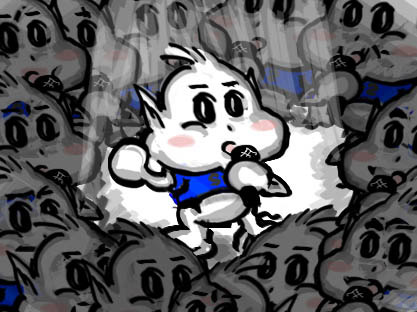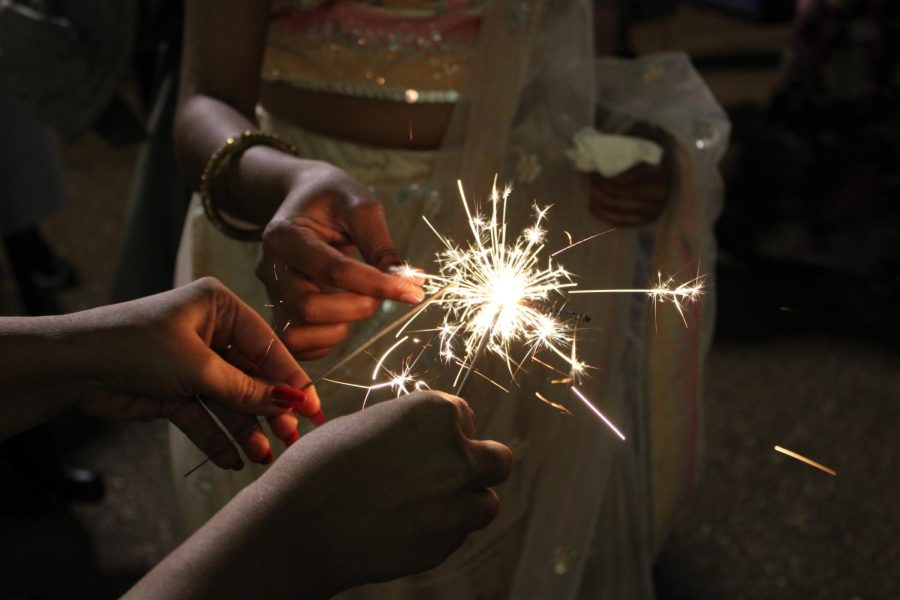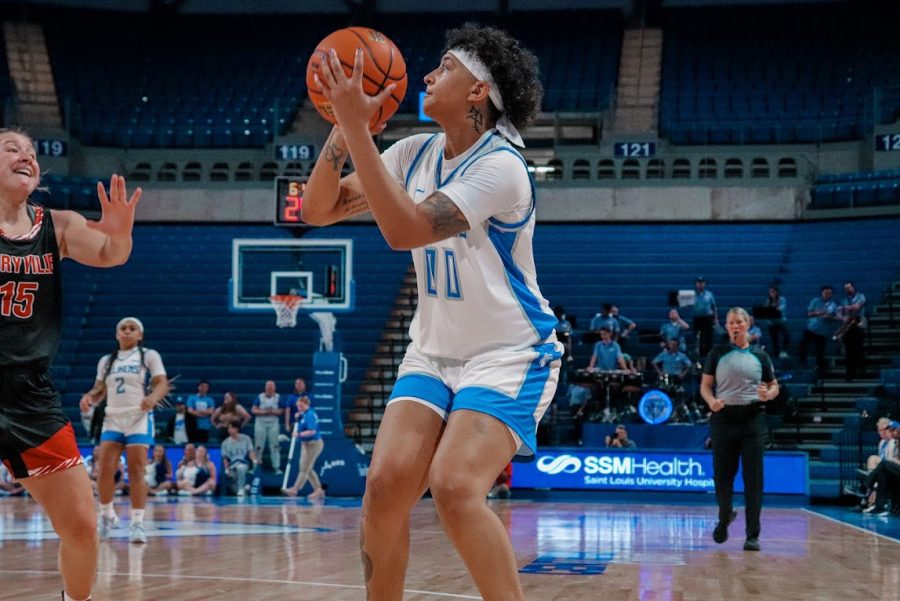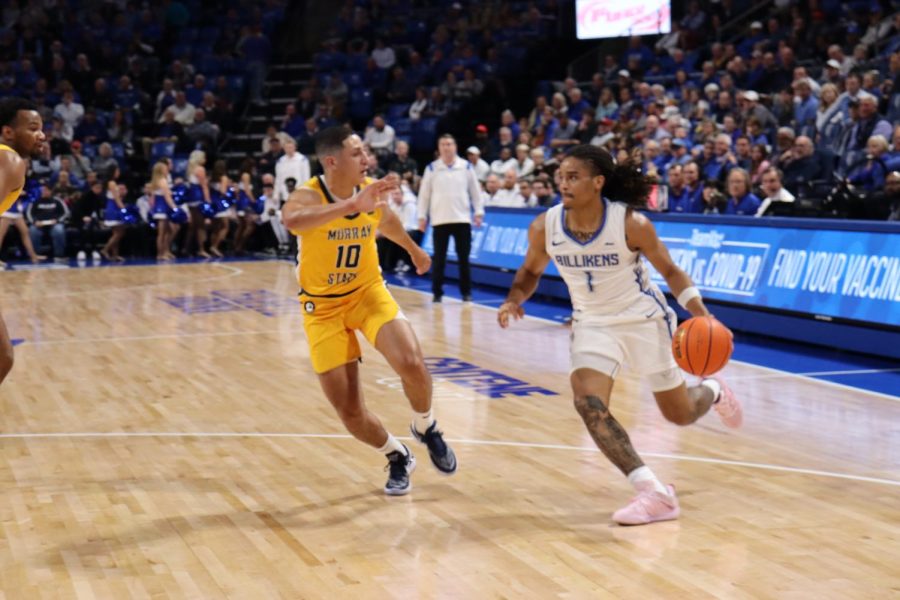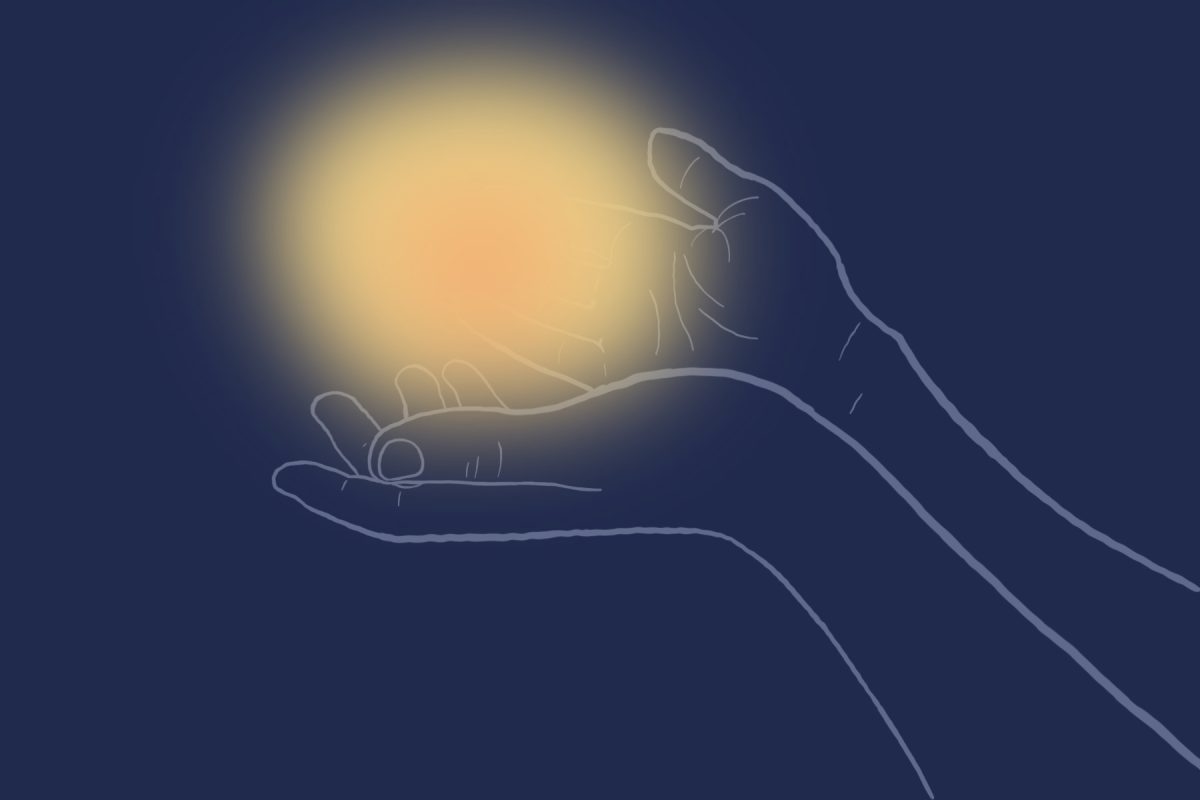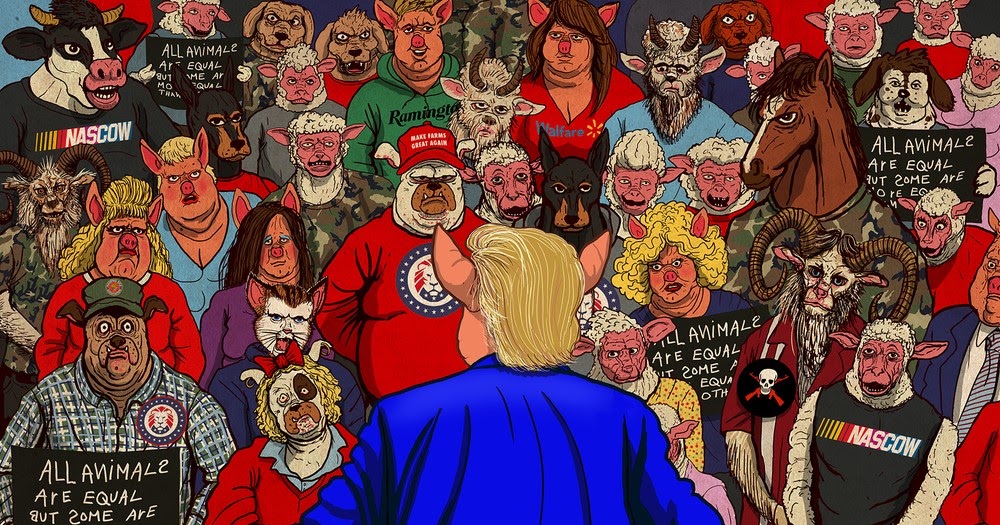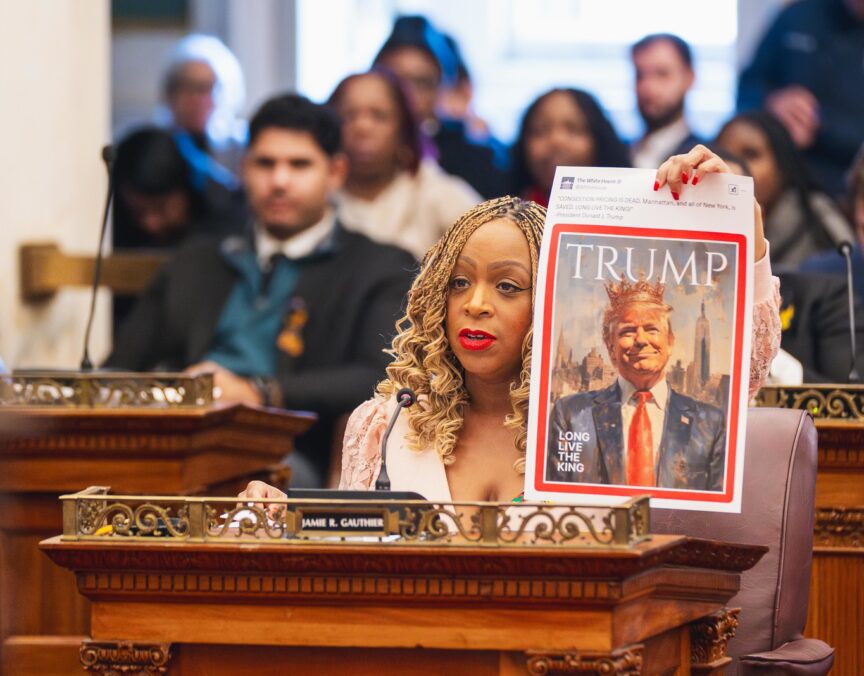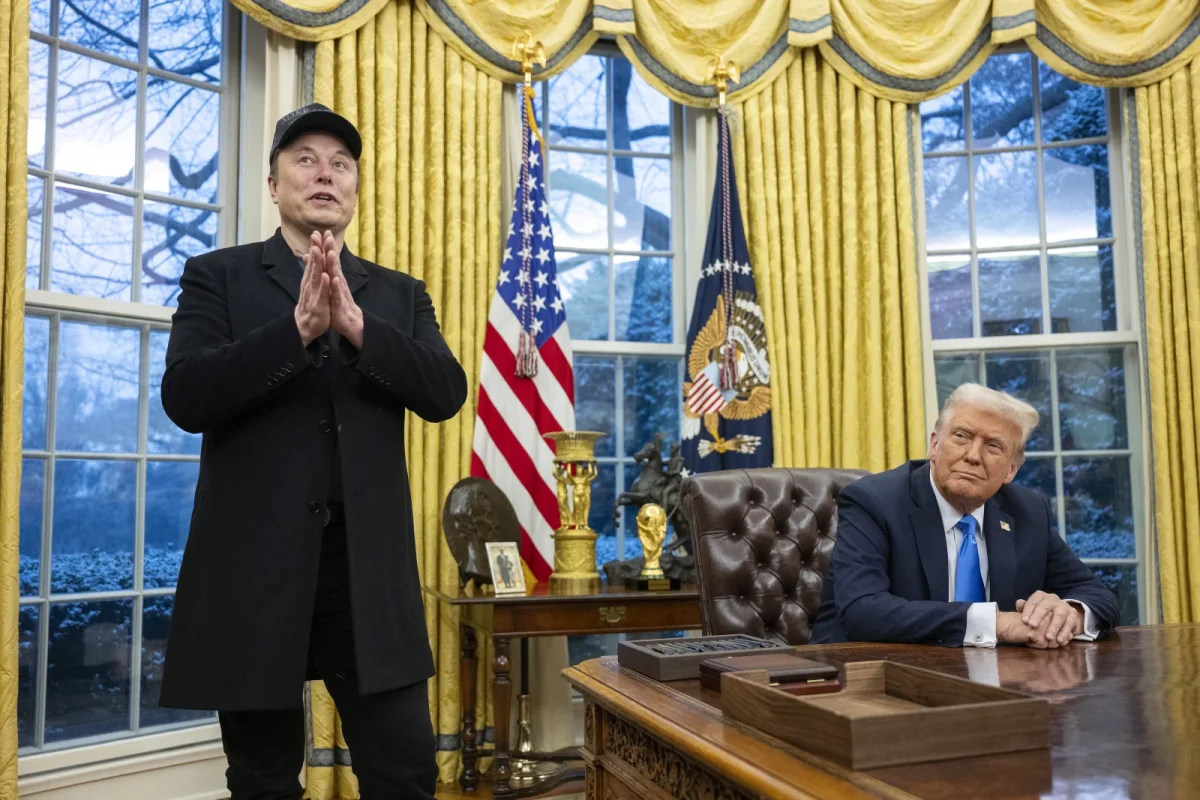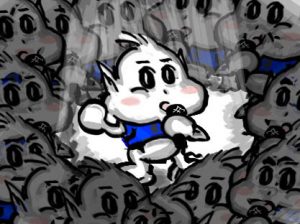 Dressed in black and a splash of color, Saint Louis University students will use their voices this weekend to bring into the light those haunting, poignant and sometimes jubilant personal stories that otherwise would lurk in the dark.
Dressed in black and a splash of color, Saint Louis University students will use their voices this weekend to bring into the light those haunting, poignant and sometimes jubilant personal stories that otherwise would lurk in the dark.
SLU Monologues is an event hosted by Una, The Feminist Voice at SLU, where monologues are performed by SLU students (who audition for the parts); the monologues could be submitted by anyone and everyone. These are deep, personal tales involving sexuality, identity, abuse, attraction, personal development and many more.
These stories are performed with intense emotionality, yanking and tugging at the audience’s heartstrings. But not all are woeful – they can portray humorous situations and comic characters, too. In the end, they are each a lyric and bold sketch that reveal the innermost recesses of human identity.
The monologues resist definition in their diverse range of topics. But whether it is about hickeys on faces, sexual abuse or racial identity, all of the dialogues hold something in common.
They bring to surface topics that would never be discussed in normal situations. We will hardly ever discuss childhood sexual abuse over dinner at Griesedieck Cafeteria, or the discomfort transgendered individuals feel about our binary-bathroom system.
Everything from pregnancy scares to racial stereotypes is covered, allowing us to face issues that govern the deeper emotional currents of the human soul – and have a discourse about it.
The panel of students and faculty that will be held after the monologues is an ideal opportunity for students to have questions answered and to become informed. The monologues also strive to foster discourse on campus; these are personal stories that are being shared to the student body. The expectation is that crucial issues – the ones that really define our inner worlds – will finally see the light.
The monologues put the individual literally on a stage for all to see – and to celebrate, embrace and accept, for all her flaws and experiences. Hopefully, we see the monologues spread from the one, lone voice into a larger chorus of discourse.




